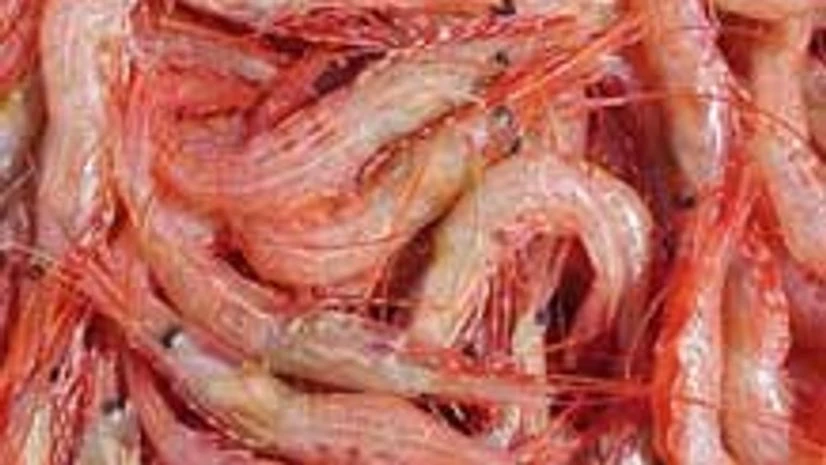The US Commerce Department on Tuesday set final duties on billions of dollars of shrimp from four Asian countries and Ecuador to offset foreign government subsidies, but spared major suppliers Thailand and Indonesia from the import tax.
The Coalition of Shrimp Industries, representing shrimp fishermen and processors in several southern US states, filed a petition last year asking the federal government for import relief. The group said it was satisfied with the decision, despite the exclusion of two big exporters.
The seven countries named in the case - Thailand, Indonesia, India, Ecuador, Vietnam, Malaysia and China - exported close to $3.4 billion worth of shrimp to the United States in 2012, making it one of the biggest cases in the department's history.
That included $1.1 billion from Thailand, $634 million from Indonesia, $551 million from India, $500 million from Ecuador, $426 million from Vietnam, $142 million from Malaysia and $102 million from China.
The amount of government subsidies found by the Commerce Department varied from country to country, and in the cases of Thailand and Indonesia were so low the department said no duties were warranted on shrimp imports.
Malaysia was hit with the highest final duties, ranging from 10.8% to 54.5%. China received a final duty of 18.16% and India from 5.54% to 6.16%.
The Commerce Department set duties of 10.13% to 13.51% on shrimp imports from Ecuador and up to 7.88% on imports from Vietnam.
Industry officials said even the low duties will make a difference in an industry where margins are thin.
'ROBUST NUMBERS'
"We appreciate these robust numbers from the Commerce Department," David Veal, executive director of the Coalition of Shrimp Industries, said in a statement.
A second government body, the US International Trade Commission, must approve the duties for them to take effect, although importers have been required to post bonds or cash deposits based on earlier announced preliminary rates.
That vote is set for September.
For duties to be imposed, the panel must find that US producers have been materially injured, or at least are threatened with material injury, by the imports.
At an ITC hearing on Tuesday, Louisiana Lieutenant Governor Jay Dardenne argued that imports from the seven countries put the fishermen's livelihood and their way of life at risk.
"Many of the shrimp-related businesses in Louisiana are family-owned and operated with relatives working together generation upon generation. Allowing foreign countries to engage in unfair trade practices will force Louisiana folks to relinquish their heritage," Dardenne said.
But lawyers for a coalition of seafood importers, including Chicken of the Sea Frozen Foods and Ore-Cal Corp, said a rise in shrimp prices this year undermines the US industry's argument it is being harmed by the imports.
In addition, shrimp processors and fisherman hurt by the 2010 BP oil spill have received more than $118 million in compensation for lost income and stand to receive much more as a result of a proposed settlement agreement, said Warren Connelly of the Akin Gump law firm.
As a result, the industry is financially healthier than it has been in a decade, at a time when shrimp disease problems in Asia are significantly reducing the region's exports this year, Connelly said.

)
